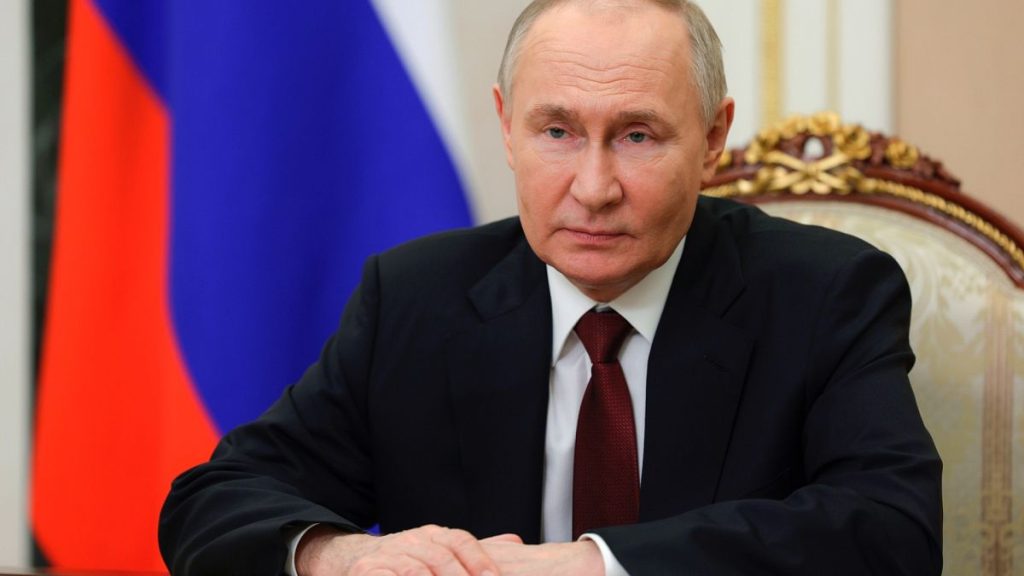The EU has faced a series of legal challenges to its sanctions on Russian oligarchs, including overturning asset freezes on businessmen linked to Vladimir Putin. However, these legal setbacks do not represent a strategic defeat for the EU’s overall sanctions regime. The EU has imposed sanctions on over 1,700 individuals and 419 entities in response to the Ukraine war, targeting not only Putin and his officials but also wealthy businessmen allegedly supporting the conflict. While some court rulings have favored the businessmen, the sanctions policy remains intact according to European Commission spokesperson Peter Stano.
Sanctions against oligarchs are intended to indirectly pressure autocrats by influencing elites to consider alternatives to supporting the regime. This approach aims to force oligarchs to choose between loyalty to Putin and aligning with the West, potentially undermining their influence on the Russian leader. However, the Kremlin may also have its own means of influencing elites. Challenges to EU sanctions go beyond legal hurdles, as oligarchs can use complex financial structures to evade restrictions, taking advantage of perceived loopholes in EU money laundering rules. Efforts to reform the EU’s anti-money laundering regime have been proposed to address these challenges.
The EU’s sanctions on Russian oligarchs are part of a broader package of measures that also target key sectors of Russia’s economy, such as banking, oil, and semiconductors. While these sanctions have not immediately stopped the conflict in Ukraine, they have had economic impacts on Russia. Western sanctions have led Moscow to implement capital controls and forced its sovereign wealth fund to deplete assets to cover deficits. Despite the challenges faced by the EU in imposing sanctions, these measures are part of a coordinated effort to pressure Russia and support Ukraine.
The EU’s sanctions policy requires a high burden of proof to justify restrictive measures, leading to legal challenges and court decisions that can be appealed. With the rapid imposition of sanctions following the 2022 invasion, the EU has faced difficulties in providing evidence to support designations, particularly when intelligence information cannot be shared with courts. While legal decisions may not always align with EU objectives, sanctions are frequently renewed and replaced in order to strengthen measures against targeted individuals and entities.
Sanctions can compel oligarchs to reconsider support for autocratic regimes by offering incentives to align with alternative leadership. However, the effectiveness of sanctions can vary depending on the response of targeted individuals and the broader economic impacts on the sanctioned country. The EU’s approach to imposing sanctions on oligarchs is part of a strategic effort to pressure Russia and support Ukraine, aiming to influence elite behavior and decision-making. Despite legal challenges and evasion tactics, the EU remains committed to enforcing restrictions on individuals and entities linked to the Ukraine conflict.
Overall, the EU’s sanctions on Russian oligarchs are part of a multifaceted strategy to address the Ukraine war and influence the behavior of elites within the Russian regime. The legal challenges faced by the EU in enforcing sanctions do not detract from the broader objectives of the sanctions regime, which aims to exert pressure on Russia and support Ukraine. While court decisions may lead to temporary setbacks, the EU’s efforts to renew and strengthen sanctions demonstrate a commitment to maintaining pressure on individuals and entities linked to the conflict. By combining legal measures with broader economic restrictions, the EU seeks to achieve its strategic goals in response to the Ukraine war.


